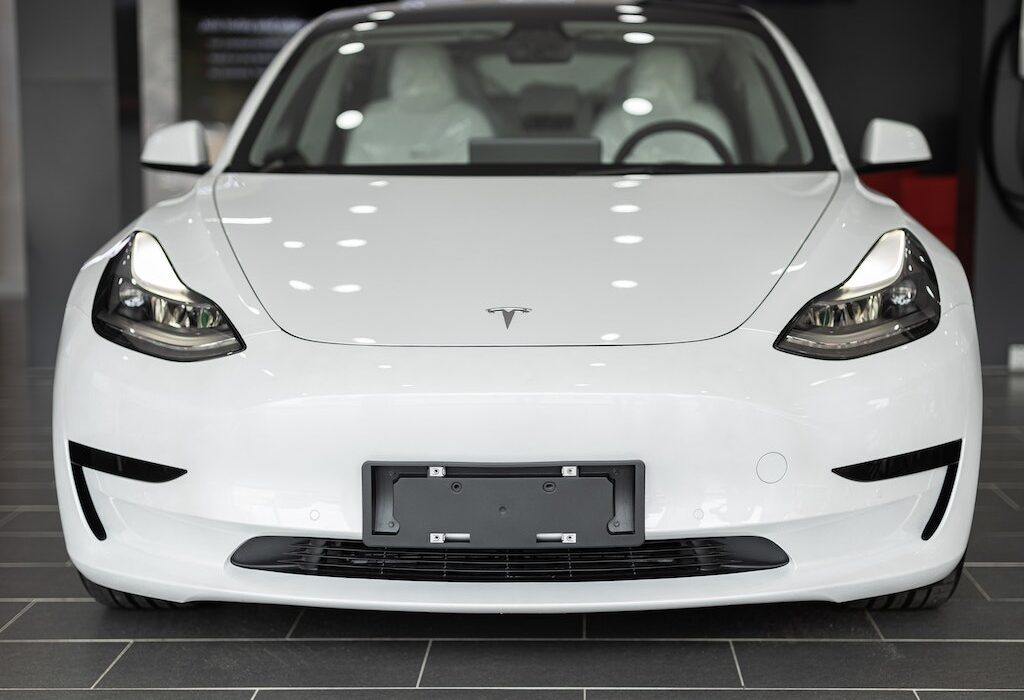In the past decade, there has been a paradigm shift in car technology. We’ve entered a world of hybrid and electric vehicles, leaving their oil-powered counterparts behind.
Did you know that you can get an electric vehicle (EV) for pennies on a dollar thanks to government financial incentives? While this sounds very tempting, you may wonder if it’s too good to be true.
Read along to see how government incentives can help you buy an EV.
Government Subsidies & You
When the federal government considered implementing an incentive program to encourage Americans to purchase EVs, one possibility was offering each person who bought such an EV a cash amount. Instead, the lawmakers decided to offer tax credits of up to $7,500 to those taxpayers who buy a new EV. Some plug-ins are also eligible for tax incentives.
The actual amount you’ll receive depends on three important factors:
– Vehicle manufacturer
– EV type
– Tax liability and personal finances
The Make of The Vehicle
A crucial aspect of the federal tax credit is that not all electric vehicles qualify for it, even if they meet the battery-pack capacity requirements. When the lawmakers created the program, they included a limit on how many vehicles of each manufacturer would qualify for tax breaks. On the other hand, if you purchase an EV from an old established multinational conglomerate or a start-up manufacturer, the vehicle automatically qualifies for the tax incentive.
The Type of Vehicle You Buy
The type of electric vehicle you purchase is an important consideration. The EV tax credit is only applicable to those vehicles that are charged from an external source by batteries with a capacity of at least four kilowatt hours or more. This also includes plug-in hybrids.
Your Personal Tax Liability
The government will not subsidize your car purchase depending on your net worth, how many vehicles you own, or how much you spend to set up home charging. Instead, it solely depends on your tax liability.
The tax credit can only be applied to a person’s taxes if they owe money to the government in that year. The lesser your liability, the lesser tax credit you can claim.
While it might seem like government subsidies would benefit low-income people the most, the opposite is true. Middle- and high-income earners have a greater chance of qualifying for this incentive than those who are more moderate earners.




